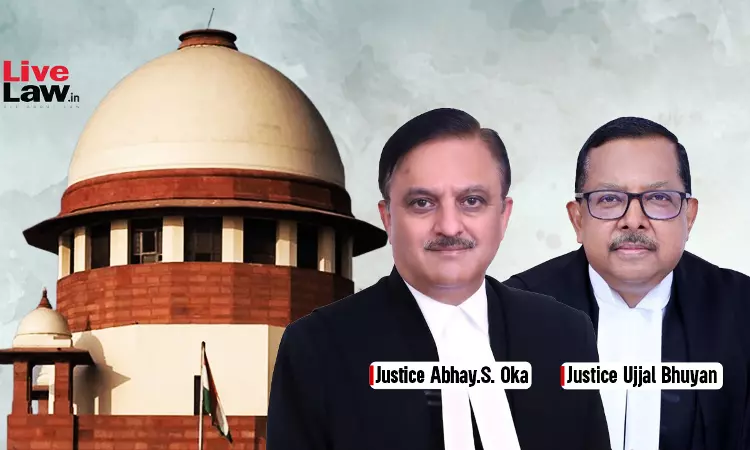Judge Has To Decide, Not Preach; Judgment Shouldn't Contain Judge's Personal Opinions : Supreme Court
Gursimran Kaur Bakshi
20 Aug 2024 7:05 PM IST

A judgment must be in simple language and should not be verbose, the Court added.
Next Story
20 Aug 2024 7:05 PM IST
